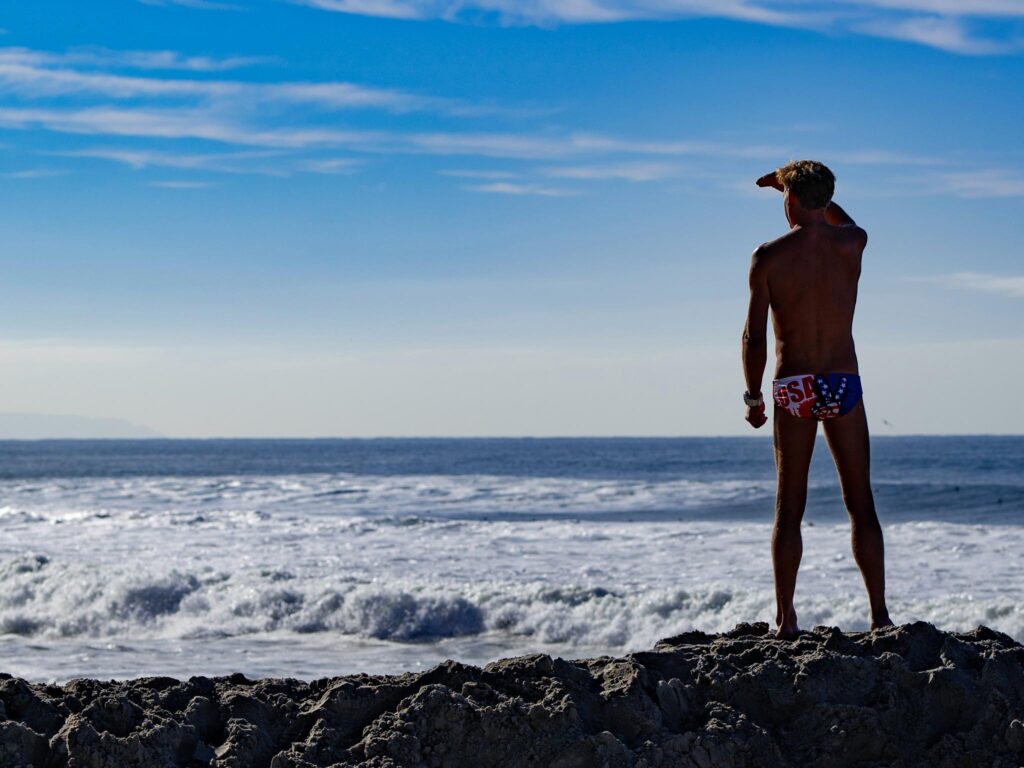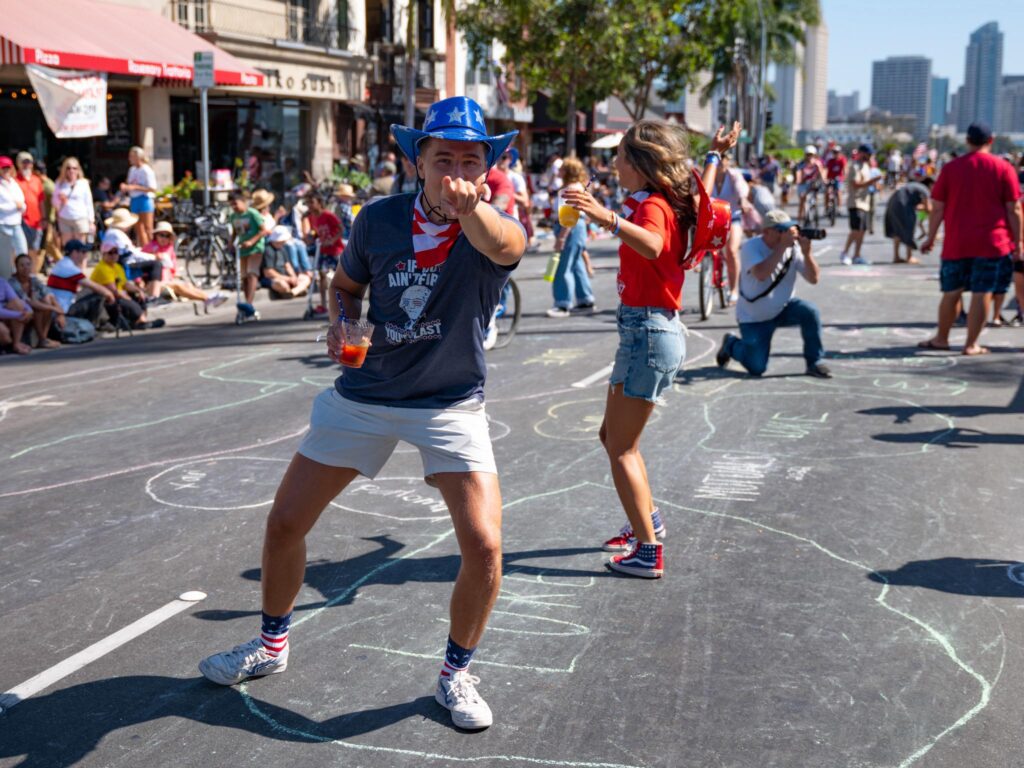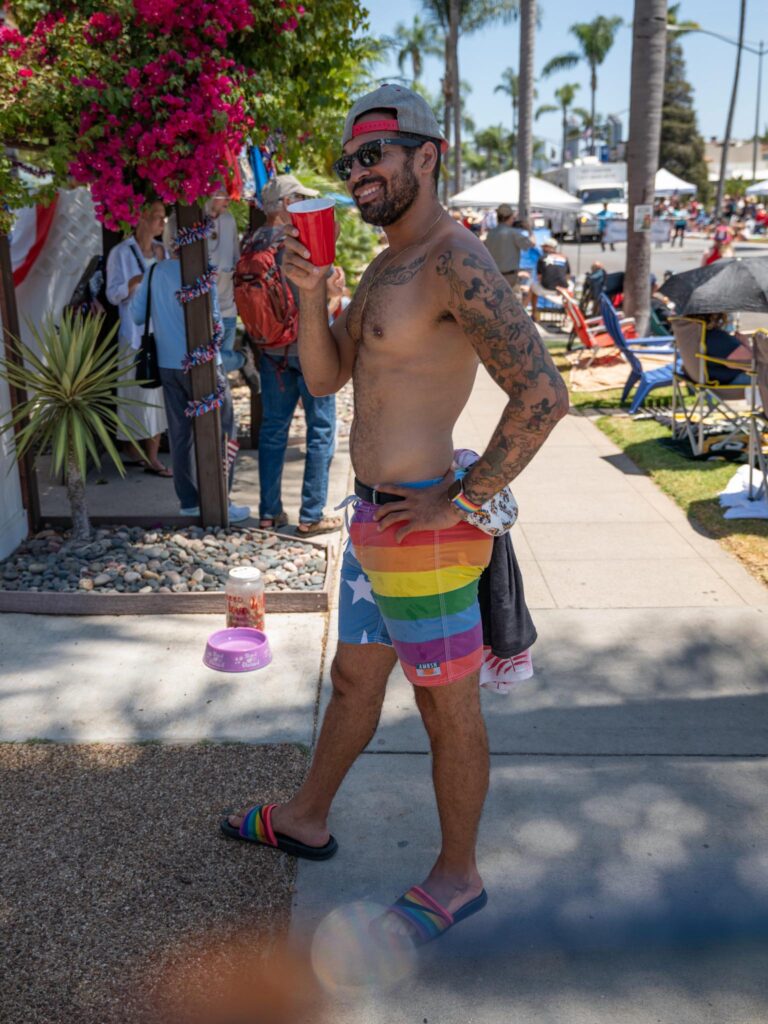Are you someone who relishes spending time with others, derives energy from social interactions, and enjoys striking up conversations with strangers? Or, are you more comfortable in smaller groups, content to spend time with your inner thoughts, and exhausted after spending a day in the scrum at the office? If the latter profile best describes you, the next few days should be right up your street: it’s National Introverts Week.
National Introverts Week – let’s keep it low profile
Dividing the world’s population into two categories — extroverts and introverts — is clearly a gross simplification. It’s like collapsing the universe of human personalities down to a binary choice. However, many of us will recognize ourselves in these highly generalised descriptions. We have Carl Jung to thank for this bifurcated model of personalities. He coined the terms back in the 1920s, the principal factor sorting people into one or other category being how they derived their energy.
The extroverts among us have long been regarded as having the upper hand in our highly interactive and competitive world. Hence, the need felt by the founder of National Introverts Week to acknowledge this other underprivileged half of the population.
Introverts are comfortable being alone, retreat into their thoughts to rest, and use their imaginations to solve problems. In fact, introverts have higher blood flow to their frontal lobe, the part of the brain associated with memory, long-term planning and problem-solving, implying introverts are ‘wired’ differently from their more outgoing cousins.
What does this have to do with photography?
Do you think most photographers are introverts or extroverts? On the one hand, being out and about, interacting with people on the street, and taking photos at weddings or in the studio sounds like extroversion. On the other hand, solo photo walks, spending time composing the perfect shot, and working for hours in Lightroom sounds like introversion.
I am not aware of any systematic surveys of photographer personality types. Perhaps we should organize one here at Macfilos. But, to be valid, we would need to establish unequivocally whether those participating really are introverts. Myers-Briggs to the rescue.
Where are you on the introversion ↔ extroversion spectrum?
Those of you with a background in management might well have taken the Myers-Briggs personality type test. In case you haven’t, this analytical tool maps personality types along four dimensions, one of which is Introversion ↔ Extraversion. The others are iNtuition ↔ Sensing, Thinking ↔ Feeling, and Judging ↔ Perceiving.
I have taken the test several times, being consistently classified as an INTJ. Reassuringly, capsule descriptions of this rare breed, representing just 2% of the general population, sound just like me. Being a modest individual, I tell people at every opportunity that I am an INTJ and that the one-word description for this personality type is the self-congratulatory ‘Mastermind’.
Do you think schmoozing with strangers, bragging I am an introvert, feels like some kind of non sequitur?
National Introverts Week – don’t be shy, get involved
How should we celebrate National Introverts Week? Obviously, not with a big party to which we invite an introvert friend along with fifty extroverts. Here are a few suggestions:
- Take an online personality test. Greater self-awareness is a characteristic of introverts, but everyone would benefit from knowing themselves better. You might be surprised to discover you are a Composer (ISFP), a Healer (INSP), or a Fieldmarshal (ENTJ); on second thoughts, I suspect your friends would have already informed you of your fieldmarshal-ish tendencies.
- Appreciate your nearest introvert. For example, take them for a coffee, understand what makes them tick, and check out their photography interests. They are probably experts on Lightroom.
- Learn from the world’s most famous introverts. Unsurprisingly, there are lots of them — creative problem solvers with great perseverance. Perhaps you have heard of Bill Gates, Meryl Streep, Tom Hanks, and Elon Musk — three highly inspirational people!
Are you an introvert? Have you taken a Myers-Briggs personality-type test? Are you comfortable sharing your personality type? Let us know in the comments below.
Read more from the author
Join the Macfilos subscriber mailing list
Our thrice-a-week email service has been polished up and improved. Why not subscribe, using the button below to add yourself to the mailing list? You will never miss a Macfilos post again. Emails are sent on Mondays, Wednesdays, and Fridays at 8 pm GMT. Macfilos is a non-commercial site and your address will be used only for communications from the editorial team. We will never sell or allow third parties to use the list. Furthermore, you can unsubscribe at any time simply by clicking a button on any email.








The book ‘Quiet’ by Susan Cain is a kind of manifesto for introverts and I enjoyed reading it during Covid lockdowns. It’s interesting but this kind of navel gazing needs to be seen for what it is and not taken too seriously. There are a couple of very well-known photographers on YouTube who have carelessly lumped shyness and introversion together to press their case for their ‘instructional’ videos for avoiding contact on the street. ‘Quiet’ explains very well what the difference is between these two ‘personality states’ and that’s worth exploring. If asked, I’d place myself towards the introvert end of the spectrum but have no problems with engaging with complete strangers with my camera.
Labels – who’d have ’em?
Nice article Keith
I’ve never taken the Myers-Briggs, but suspect that I would break it!
I have always considered myself as introvert. Sitting at the back, slower to take part(thinking before action!)
On the other hand I have always stood up and spoke for the “Common man(person)”, the less fortunate, the minority-in colour, creed, ethnicity etc and I have been a senior shop steward.
In dress conservatively but where “shorts” all year round in Northern Europe (Mixtrovert)
My photography in the main is landscape-natural and industrial (Introvert) I prefer street to model or posed when taking people (Extra?)
My photos and images are well received but I’m embarrassed by the good feedback and accept the criticism gracefully
A few words of encouragement to anybody really introverted (Profuse apologies and no offence to others)…
The meaning of an expert-X is an unknown quantity and spurt is a drip under pressure
Keith,
Thanks for a fun article. I do appreciate your comment hat Jung’s binary classification blurs the wonderful (and some not-so wonderful) variety of human behaviours.
But, Meyer-Briggs was inspired by Jung’s work. My spouseis a licensed psycologist, working at a University, a hospital, a prison, a testing center for people involved in court cases . . . you do not want to hear what she has to say about Meyer Briggs! I’ll take this comment from Wikipedia:
“it has been criticized as pseudoscience[10] and is not widely endorsed by academic researchers in the psychology field.[11] The indicator exhibits significant scientific (psychometric) deficiencies, including poor validity, poor reliability, measuring categories that are not independent, and not being comprehensive.[12][13][14][15]” (reliability and validity have precise meanings in testing psychology)
From Spouse’s perspective, M-B can be a fun thing to play around with, as I believe you do in your article, as long as it isn’t taken too seriously!
For me, who I seem to be depends on my social situation. My job required me to lead committees, but also to nurture new hires. Do fund-raising and talk to adolescents with problems. I suspect a lot of us have these complicated sides to our personalities. What that makes me: retired!
Hi Kathy, thank you. I am aware of the controversy surrounding the validity of the MB framework. Having participated in numerous MB workshops during my career, I have found it to be useful and to categorize people broadly in line with what I expected. It was always drilled into us that the exhibited behaviors are preferences which can be overridden when the situation demands it – such as addressing large crowds or socializing with strangers. I can do both, but find it draining! Cheers, Keith
Well said; much what Spouse believes: no person is a label; everyone is so much more!
I was tested on multiple occasions as an extreme INTJ. I was was above 90 percent in each category. The courses I was on usually had role playing and they were delighted to discover that they had a rare INTJ to demonstrate the category. Of course, being an extreme introvert, I did not want to role play.
Hi Brian, I share your horror at the thought of participating in a role play game! Perhaps that scenario should be included in any diagnostic determining where people sit on the extroversion / introversion spectrum. Cheers, Keith
Hi Keith, one of the possible attributes of an INTJ was innocently offending people- I have a severe case of that which my wife of 42 years can vouch for. Your experience may vary.
Interesting read, Keith,
and unconventional, as so often when you are wrtiting. This is an enrichment to Macfilos hands down. When in comes to photography, I think that both personality types (if you accept the whole concept) are equally able to produce a great outcome. And I warn against premature conclusions: Just because someone shows a lonely person in front of mountains in a rear view does not necessarily mean that he or she is an introvert, but perhaps simply added Caspar David Friedrich’s famous picture to his or her visual memory at some point. And on the other hand, not everyone who plunges into the crowd with a camera is automatically an extrovert. And: In the end, there are at least as many great pictures showing loneliness as there are fantastic pictures full of vibrant life.
Thanks for sharing this, JP
Hi Joerg-Peter, I heartily concur with your caution about jumping to mistaken conclusions when pondering whether someone is an introvert or extrovert. Even if you know someone quite well, it is still difficult to be sure where they would land on the extraversion / introversion spectrum. The photos I included were just parodies of introverts and extroverts. Real life is much more complicated! Cheers, Keith
I certainly am and it’s a topic that interests me a lot, given how much time I spend alone thinking about it! Like you I am an INTJ and it was a revelation reading the summary of that personality type when I did Myers Briggs, as I was suddenly described pretty exactly in a single paragraph.
I think a lot of photographers are probably introverts, it is a pretty solitary hobby and for the analogue-minded amongst us what could be more introverted than shutting your self up alone for hours in what is actually a dark room! I’m not sure I’m a fantastic problem solver though—one of the characteristics of an INTJ is that they tend to catastrophise, meaning that when the print hasn’t worked after hours in the darkroom I’ll tear everything up an storm out of the place, or maybe that’s just me.
Hi Patrick, I am tempted to agree with you that photography is a pursuit that appears well aligned with the supposed preferences of introverts. It will be interesting to see if any extroverts pop up to offer a comment on this. Perhaps they are all out socializing rather than reading Macfilos! Cheers, Keith